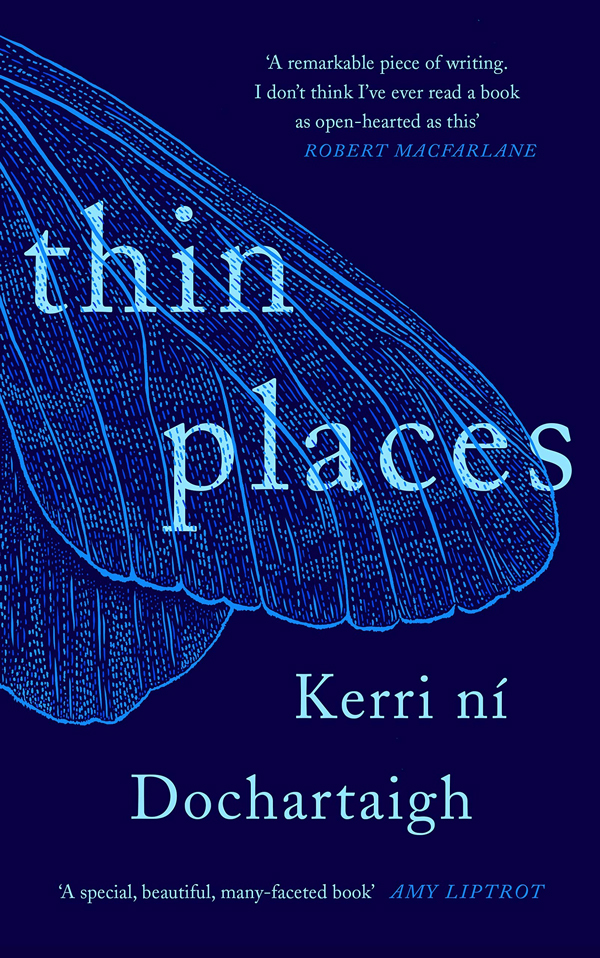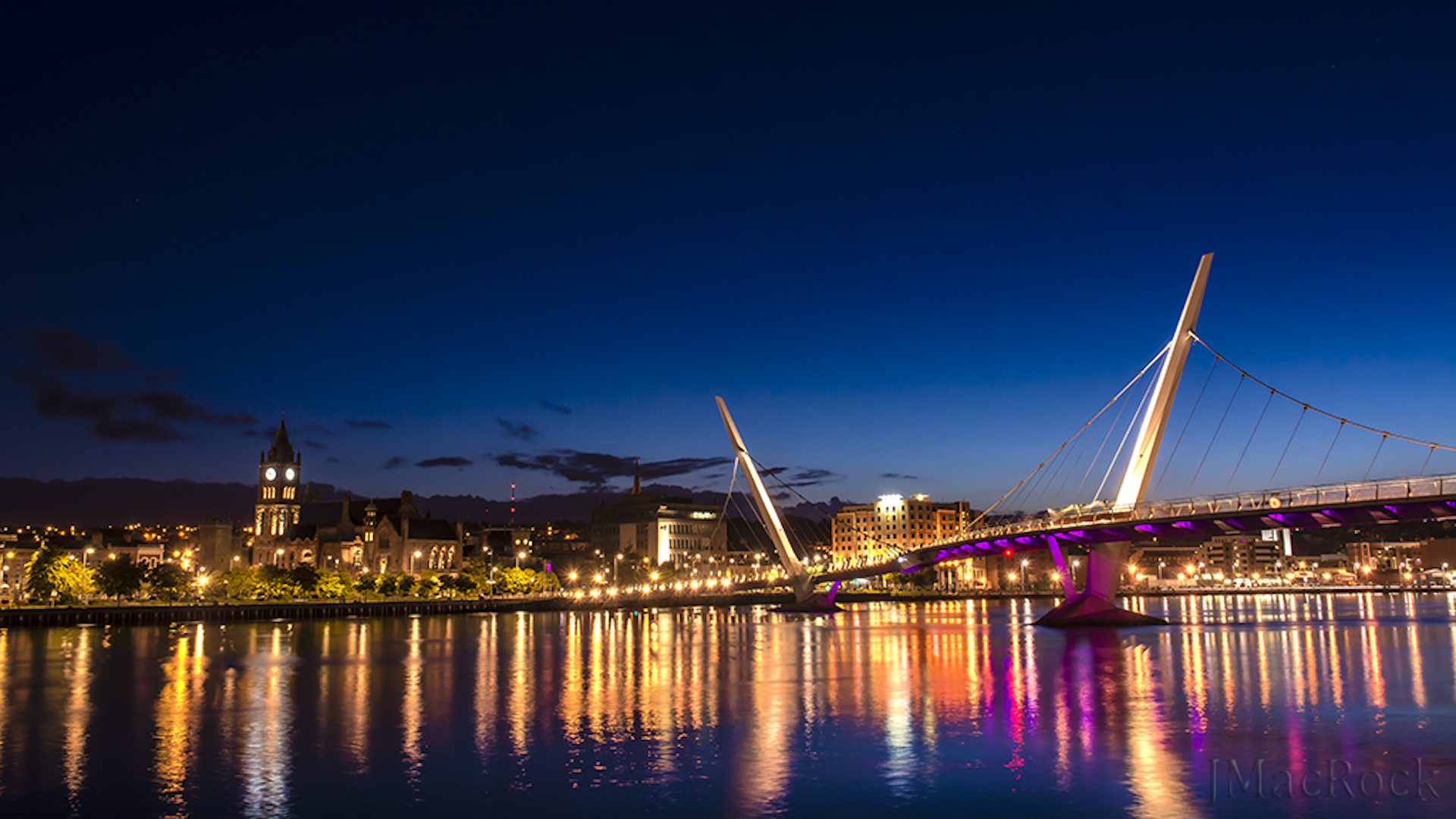The Thin Places in the title of Kerri ní Dochartaigh’s intense memoir-cum-nature book are “places where a veil is lifted away and light streams in”. They are pools of stillness in a “broken, burning and bleeding world”. They are remote havens where the author has felt “hope like the beating of moth wings on [her] skin”.
The author grew up in Derry – or Londonderry – a town whose very name is a statement of religious affiliation. But, the product of a mixed marriage – a Catholic mother, a Protestant father – she was neither one thing or the other.
Lockdowns have taken income away from hundreds of Big Issue sellers. Support The Big Issue and our vendors by signing up for a subscription.
In 1995, her father left home and the family were petrol-bombed out of their Protestant estate. But they were no more welcome on the Catholic estate they fled to. Then her closest male friend was murdered. Ní Dochartaigh got out of Northern Ireland as quickly as she could, but carried her trauma with her.
For much of her life, hope was all she had to cling to, and those thin places provided a refuge from the memories and the invisible border that existed as a “ghost vein on the map of [her] insides”. Only when she realises that to go forward she has to go back does she begin to recover, and even then it is a fraught journey.

Thin Places is part of the process; a therapy, if you like. Ní Dochartaigh’s emotions are never far from the surface. She writes in great cresting waves of pain and we surf them with her. Sometimes the tone is so heightened, and the rhythm so hypnotic, it reminds me of Elizabeth Smart’s By Grand Central Station I Sat Down and Wept.









